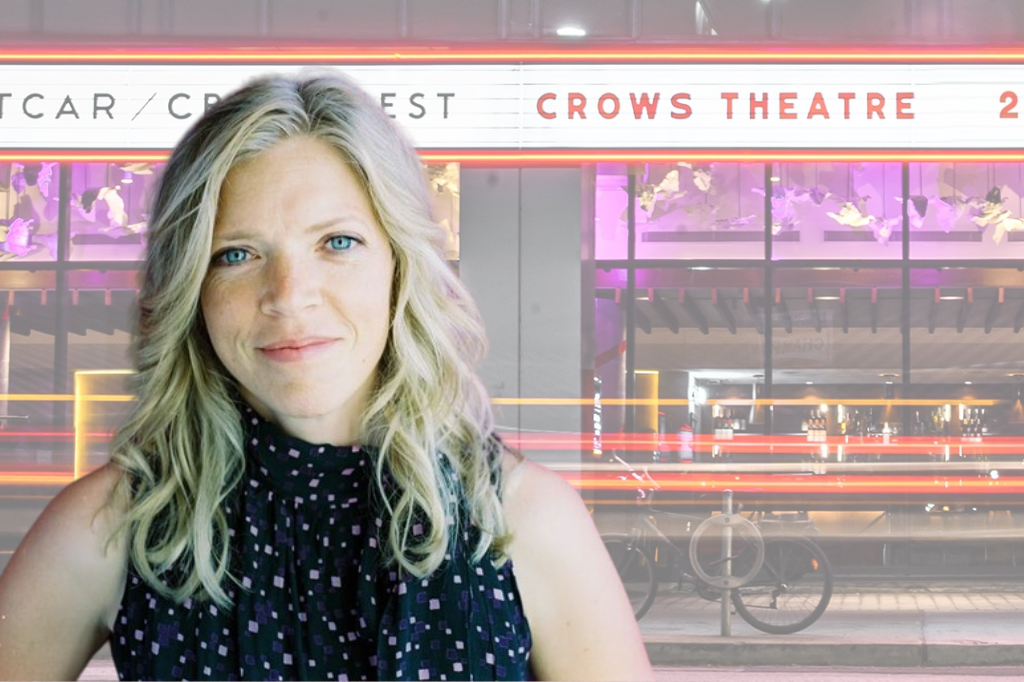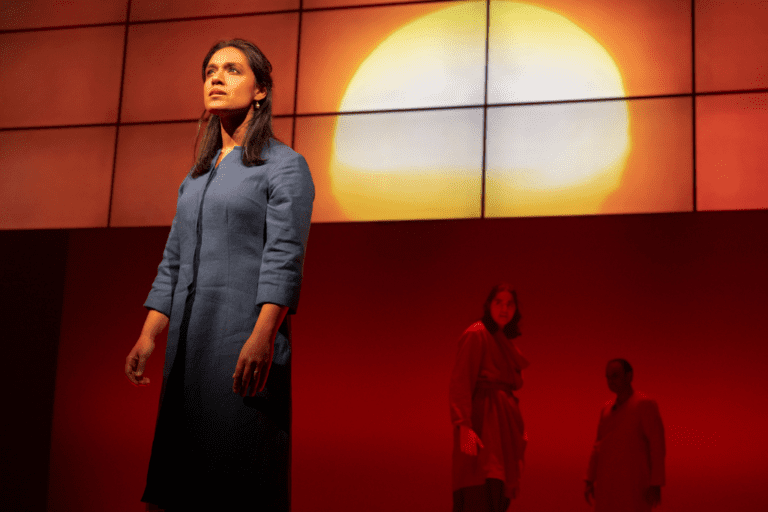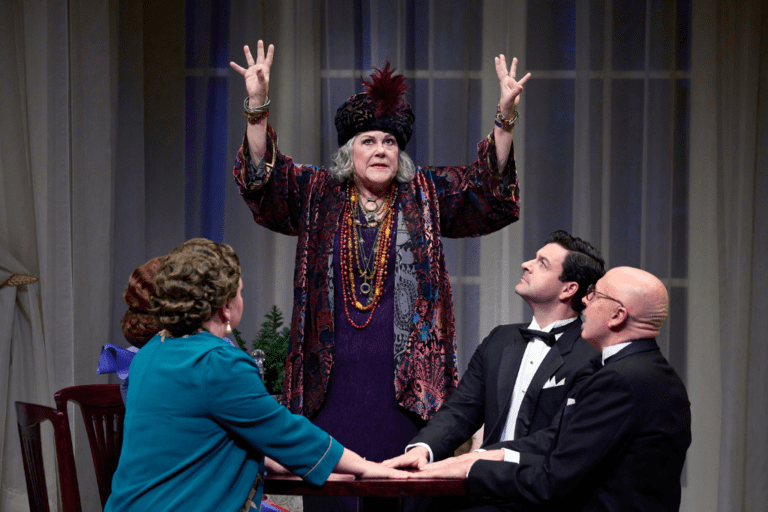The Actor’s Uncle Vanya : In Conversation with Liisa Repo-Martell
A classic with a twist is coming to Crow’s Theatre this fall, penned by Liisa Repo-Martell and brought to life onstage by Crow’s AD Chris Abraham. Hot on the heels of last season’s jaunt through Czarist Russia, Uncle Vanya will play the Streetcar Crowsnest from September 6 to October 2, with a stunning cast of #theaTO favourites.
Repo-Martell is no stranger to one of Chekhov’s most famous plays. She played Sonya in Soulpepper’s production in 2001, under the direction of the Hungarian László Marton.
“His direction was really physical, and fleshy,” said Repo-Martell in an interview. “That was formative experience for me learning Chekhov. We did three remounts of that show, so I know it really, really well.”
Repo-Martell’s take on Vanya isn’t an update in terms of its setting. The adaptation instead remains rooted in its Czarist context, subtly positing powerful resonances which transcend the more-than-century between then and now. Repo-Martell and husband Abraham found themselves discussing the play ad nauseam over the course of the pandemic.
“That was such a society-wide experience,” she said. “It rolled out differently for everyone. But it was a systemic shaking of the foundation. The way the pandemic played out in people’s lives is totally analogous to the situations characters experience in Uncle Vanya, but for completely different historical reasons.”
Repo-Martell doesn’t speak the play’s original Russian, so she’s not been alone in the adaptation process. Polly Phokeev has served as Uncle Vanya’s Russian translator and consultant.
“She did a wonderful job,” said Repo-Martell. “She did a direct, word-for word translation. And it’s hard to see Chekhov’s wit in direct translation due to the syntax, and the idioms don’t really come through. I haven’t tried to preserve the syntax or the rhythm — you can’t really, in translation — but there’s eccentricities rubbing up against each other here, and I’m doing my best to reveal those frictions. I’m taking away any impediments for that wit to reach the audience. I’m there to update outdated idioms, and create a contemporary mouthfeel for the actors so it doesn’t seem old-fashioned.”
“It’s not a scientific process. It’s very intuitive.”
Repo-Martell has approached the text as an actor, thinking about how Abraham’s actors will engage with the texture and timbre of the language. “I’m here to make it relatable, and speakable, and contemporized,” said Repo-Martell. “Actors are in tune with the music of the language, the rhythm — they have to be. We’re sensitive to it.”
It’s notable that Crow’s has hopped from one corner of Czarist Russia to another, leaning into contemporary tensions in this year’s programming. George F. Walker’s Orphans for the Czar was gritty and funny, resting in the grimy underbelly of a struggling working class. Chekhov’s Uncle Vanya is a higher-class, perhaps more demure affair — and yet the parallel stories, programmed less than six months apart, are fascinating in their curatorial similarities.
“There’s a feeling of this being a pre-revolutionary time,” said Repo-Martell. “There’s a feeling of destabilization, which makes people gravitate towards historical antecedents to make sense of what’s happening. I think broadly speaking, the Russian theme is a coincidence, but I also think there’s this tendency to look back in curiosity.”
Uncle Vanya’s cast features a beloved roster of Toronto actors, including Tom Rooney as Vanya, former Intermission columnist Bahia Watson, and Orphans for the Czar’s Eric Peterson.
“They’re incredible,” said Repo-Martell. “They’re tremendous, and with incredible chemistry. They’re just fantastic together. And you need that for Chekhov.”
“We’re just so excited to bring it to life.”
Uncle Vanya runs at Crow’s Theatre from September 6 to October 2. Tickets are available here.















Comments